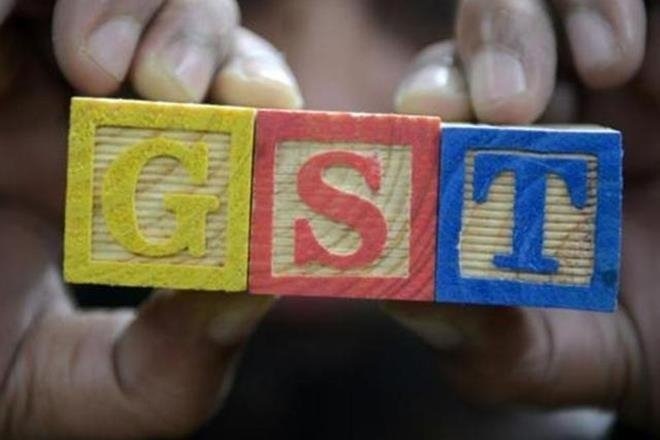Given the GST Council’s decision to split the administration of assessees with the states—90:10 for those with a turnover of less than R1.5 crore and 50:50 for those above—it is not surprising Central Board of Excise and Customs (CBEC) officials should be up in arms. Some of the points made by them in their letter to the prime minister make sense and need to be taken into consideration, some others are clearly self-serving and designed to scare the government, like the claim that the new plan could result in the government losing revenues worth R1.1 lakh crore or the claim that delegation of ‘central indirect tax related assessment function would amount to appointment of State officers indirectly without undergoing through the UPSC selection’. Their claim that Karnataka has a 30% failure rate when it comes to matching of invoices, critical for GST, though, needs to be looked at and solutions found. And, to the extent state tax officials are more control-oriented with emphasis on seizure or attachment of goods, as the CBEC officials point out, some serious reorientation will surely be called for if GST has to proceed smoothly. But, as for their claim that big service tax payers, like airlines and telecom companies, will now need to face 30 different tax administrations, it is easily dealt with—while the tax-filing is electronic, in case of any dispute/clarification, the state and central tax officers can discuss issues and only one of them will deal with the company.
You may also like to watch this video
While finance minister Arun Jaitley has already assured these officers who claim the new plan will ‘lead to the assessee base of CBEC becoming extremely small bringing into risk very survival of the department”, this is the best time for CBEC to start redeploying officials into new areas, apart from developing new tools to catch evasion in the GST tax base assigned to it—according to a Business Standard report, this is already being planned. One such is focusing on compliance management and dispute resolution and data analysis—the CBEC is also working on setting up of a national targeting centre to intercept consignments and do risk profiling based on pre-identified parameters. Going ahead, the government can also look at integrating the CBEC and the Central Board of Direct Taxes (CBDT) post-GST, as suggested by the Tax Administration Reform Commission (TARC)—this will not only help in bringing the long-pending synergy between the work of the two boards, but also in handling black money and tax evasion.
